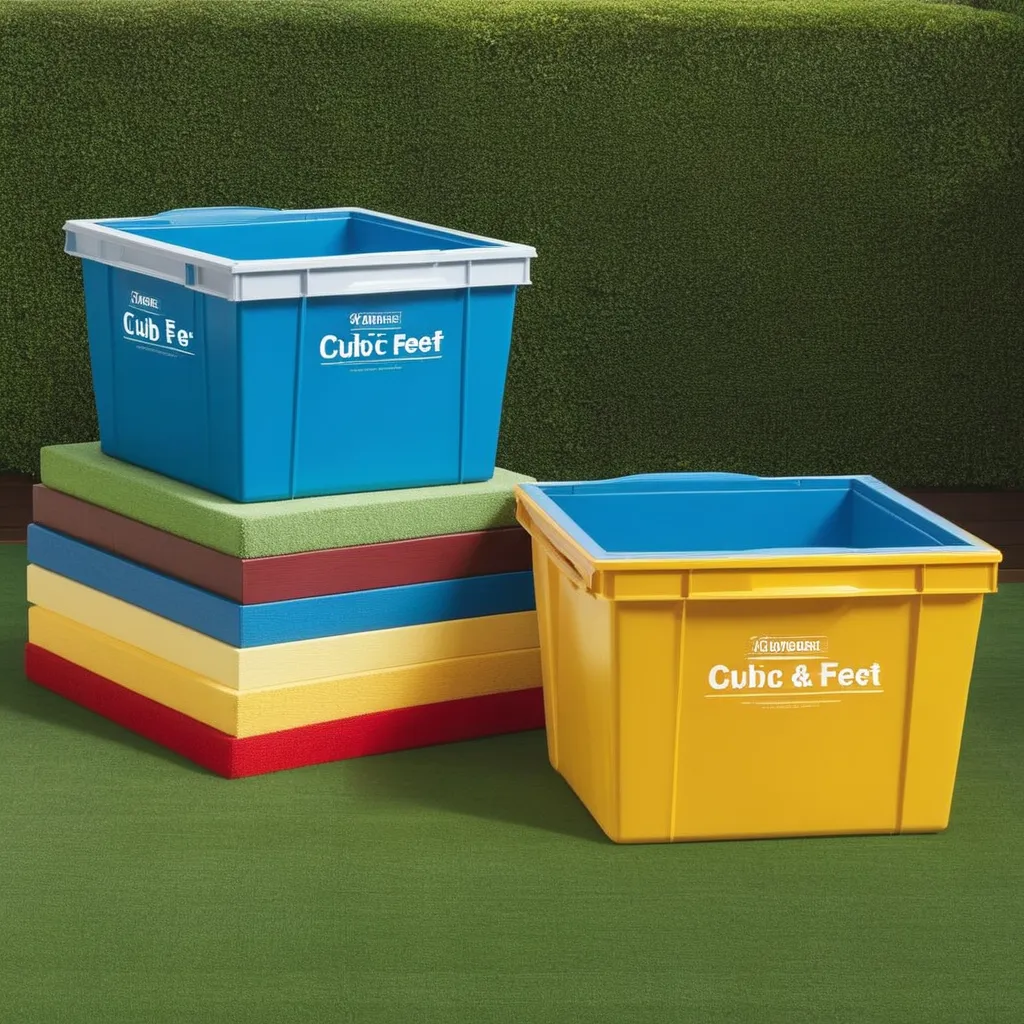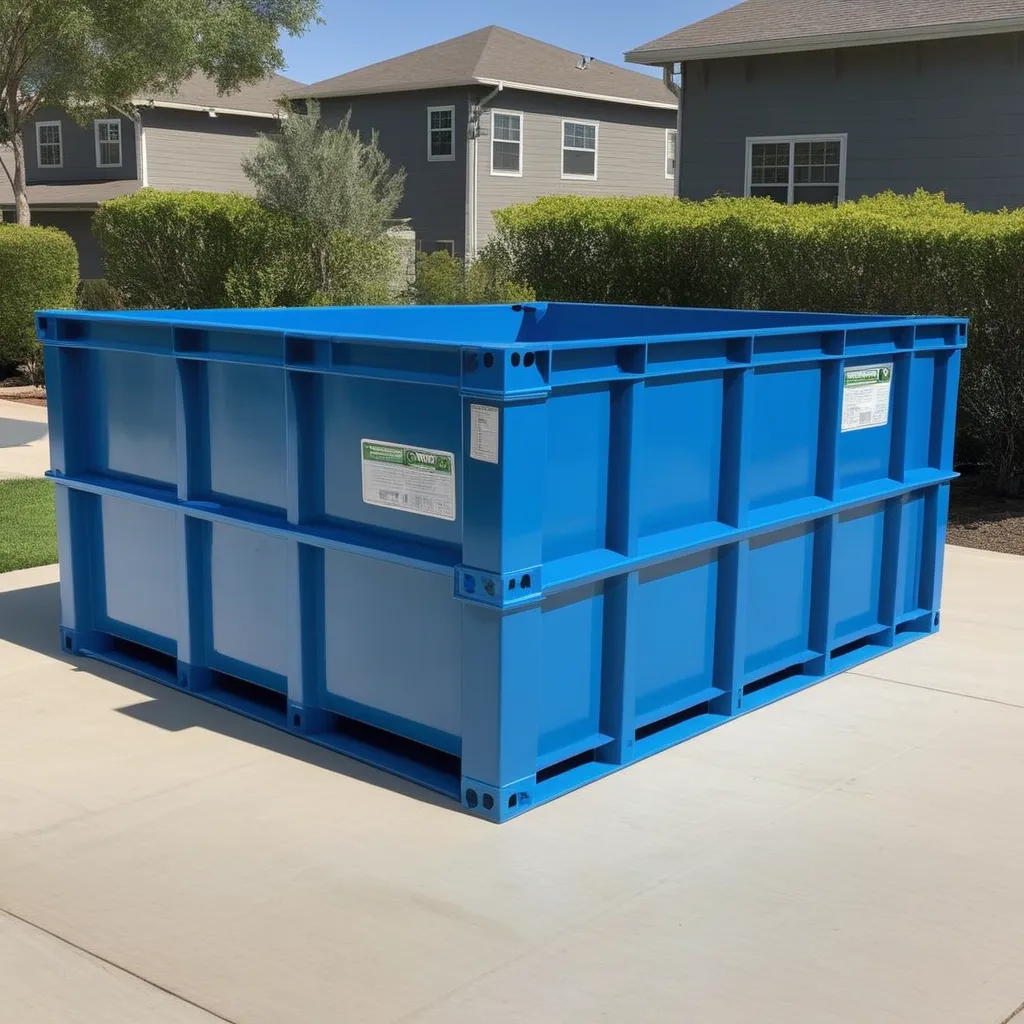how many cubic feet in a cubic yard
Navigating the Global Patchwork: How Many Countries Are There in the World?
Introduction: Embarking on a Worldly Exploration

A Global Puzzle
Unraveling the Country Conundrum
Ever found yourself pondering the vastness of our world and wondering just how many countries make up this diverse planet we call home? Join me on a journey as we navigate the geopolitical tapestry and try to answer the question: How many countries are there in the world?
Anecdote: Passport Stamp Collection I vividly remember flipping through my passport, each stamp representing a new adventure. It sparked my curiosity about the sheer number of nations waiting to be explored.
The Basics: Counting the Nations
Defining a Country
Beyond Borders and Boundaries
To begin our quest, we need to understand what constitutes a country. While the answer might seem straightforward, geopolitical nuances can make this seemingly simple question more complex than it appears.
Anecdote: Geography Class Surprises In a high school geography class, I learned that defining a country involves not just geography but also political recognition. It was a lightbulb moment that made me appreciate the intricacies of our global landscape.
The Count: A Global Census
The Magic Number
Drumroll, Please!
So, how many countries are there in the world? The answer can vary depending on the context. The United Nations recognizes 193 member states, but the count can go up to 195 or even 197 when including observer states and entities seeking recognition.
Anecdote: Travel Tales During a backpacking trip, I met fellow travelers who debated the count of countries. It became a friendly competition to see who could name the most, highlighting the diverse perspectives on what defines a nation.
Unusual Cases: The Micronations and More
Beyond the Mainstream
Exploring Micronations
As we delve deeper, we encounter the fascinating realm of micronations—tiny, often unrecognized entities with a flair for independence. While they might not sway global politics, they add a whimsical touch to our understanding of nationhood.
Anecdote: Micronation Musings Stumbling upon the concept of micronations online, I discovered quirky examples like the Principality of Sealand. It fueled my fascination with the unconventional facets of global geography.
The Evolution of Borders: Shifting Sands of Sovereignty
Changing maps and Allegiances
A Historical Perspective
Throughout history, the number of countries has fluctuated due to geopolitical shifts, wars, and the ebb and flow of empires. Recognizing this dynamic nature adds depth to our understanding of how borders and nations evolve.
Anecdote: Historical Revelations Visiting ancient ruins in Europe, I pondered the empires that once ruled those lands. It was a vivid reminder of how political landscapes transform over time, impacting the number of sovereign entities.
Teaching Geography: A Global Mosaic
A Colorful Atlas
Nurturing a Global Perspective
In schools worldwide, educators play a crucial role in shaping young minds' understanding of global diversity. Teaching geography becomes an opportunity to foster curiosity and instill a sense of interconnectedness.
Anecdote: Classroom Connections As a student teacher, I witnessed the excitement of students exploring world maps. Their questions and curiosity mirrored my own journey into understanding the world's many countries.

Conclusion: Embracing the World's Diversity
Beyond Numbers
A Kaleidoscope of Cultures
So, how many countries are there in the world? The answer, while numerical, only scratches the surface. Each country is a unique chapter in the story of humanity, contributing to the rich tapestry of our shared global experience.
Anecdote: Global Gatherings Attending an international festival, I marveled at the cultural showcases from around the world. It reinforced the idea that, regardless of the count, our planet's true wealth lies in its diversity, inviting us to celebrate rather than merely count our global family.